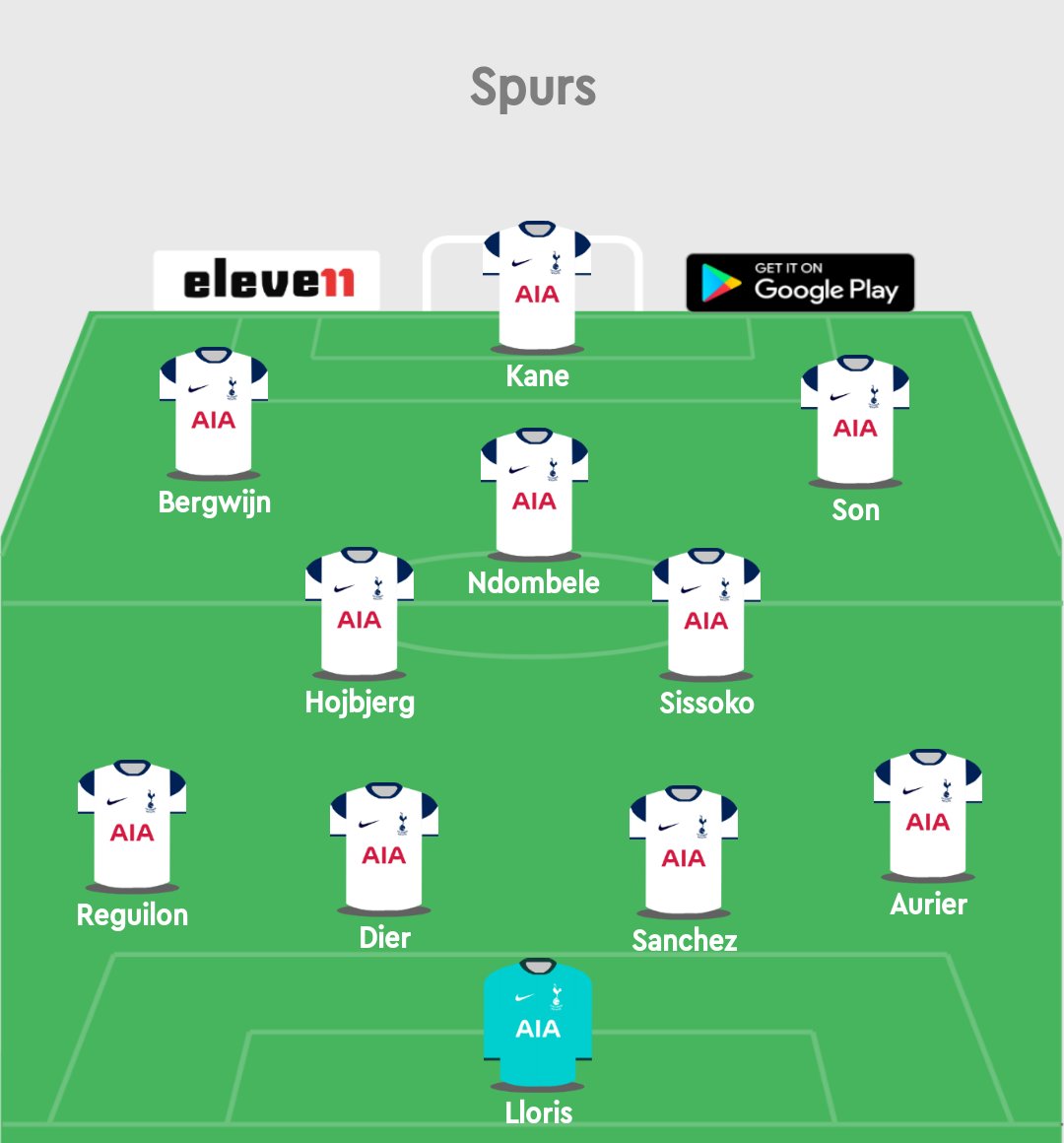Defensively, they sit in a 4-4-2, with the 2 front players (Kane & Ndombele) focused on cutting off passing lanes to midfield rather than pressing the CBs too hard. (2)
It's a big London derby this Sunday which means time for a thread on Spurs! 🐓
I'll try to look at Spurs' strengths & weaknesses and conclude with my XI to beat them.
Mourinho is such a great tactician that it's nearly impossible to guess his exact setup but I'll try here. (1)

Defensively, they sit in a 4-4-2, with the 2 front players (Kane & Ndombele) focused on cutting off passing lanes to midfield rather than pressing the CBs too hard. (2)
This strategy of cutting off passing lanes into midfield from Spurs makes Thiago Silva's diagonals to our attacking FBs/wingers even more important in this game. (3)
Kane likes to drop deep, drawing the opposition CBs out of position. This leaves space for the Spurs' wingers to run into (4)

Silva's experience should help in this while Kante's presence in the space infront of defence will be key in putting pressure on Kane and stopping him from picking passes from those areas. (5)
The pace and 1v1 ability of our front players especially Tammy and Timo could be extremely useful in such situations. (6)
Toby's absence also leaves Spurs vulnerable at set-pieces and is another area which we should try and target. (7)
• Kane - Excellent playmaker & finisher. To stop him, Kante & Silva will be key.
• Son - Kane's partner in crime. A disciplined defence is key to stop him.
• Hojbjerg - Rock in the middle. Any loose passes/touches and this guy will eat you up. (8)











